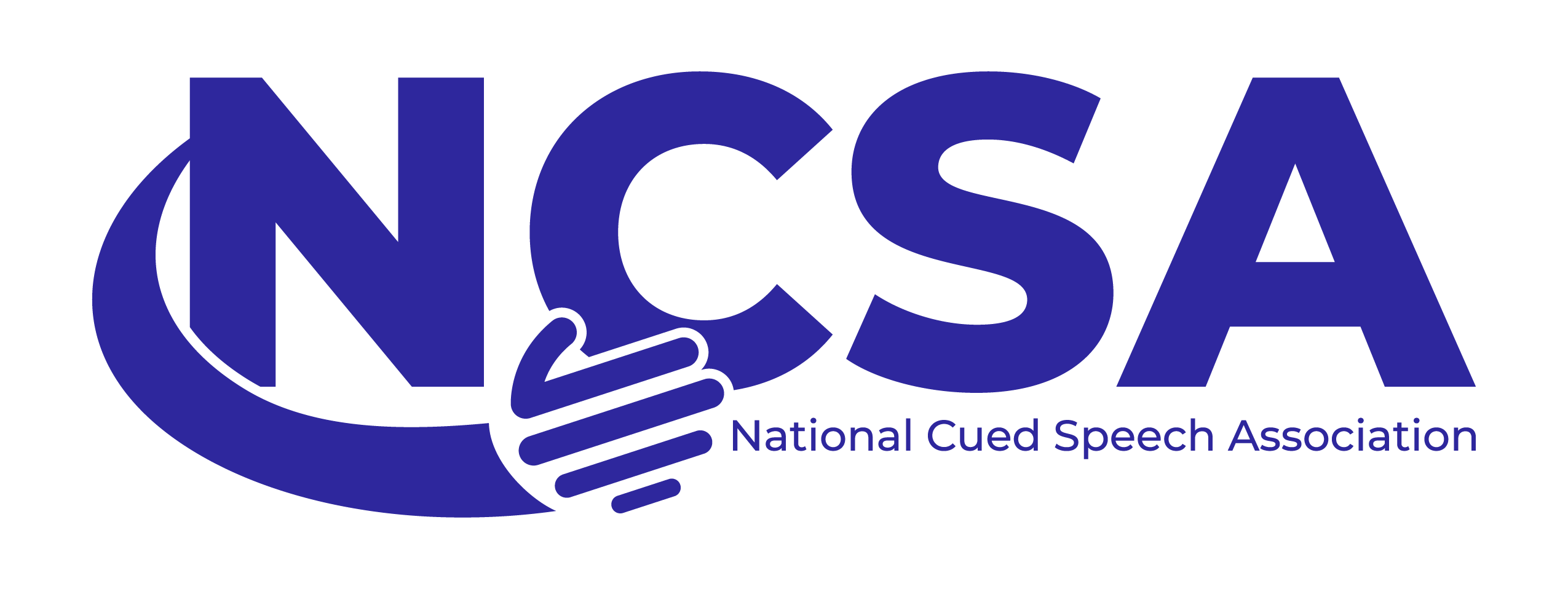Since Cued Speech was developed in 1966, the cuemmunity has grown from the very first cueing child, Leah Henegar, to thousands across the globe. Here’s our plan to support this growing mode of communication, one cuer at a time.
Early Intervention and Family Support
Our Regional Representatives work closely with state Early Hearing Detection and Intervention (EHDI) teams to provide updated, accurate information about Cued Speech.
Our Deaf Children’s Literacy Project (DCLP) guides families who want to learn more about Cued Speech toward relevant research, local cuemmunities, support, and Cued Speech instruction.
Language Accessibility
We work to facilitate 100% visual access to spoken languages in your home, school, and workplace. We do this through Cued Speech instruction, advocacy and leadership workshops, language and literacy development resources, and developing regional infrastructures that support Cued Speech services. Whether you’re pre- or post-lingually deaf, or a late-deafened adult, Cued Speech may work well for you.
Outreach, Advocacy, and Education
Through formal agreements, NCSA partners with organizations such as Hands & Voices and the National Center for Hearing Assessment and Management (NCHAM). The NCSA collaborates with these organizations to incorporate Cued Speech into informational materials, committees, and educational events that expand awareness, knowledge, and ultimately, understanding of Cued Speech.
We recognize the importance of educating the next generation of professionals about Cued Speech’s benefits and legitimacy as a mode of communication. To this end, our Outreach Director develops relationships with D/HH programs at colleges and universities across the country.
Our Cuers for Leadership, Education, Advocacy, and Resources (CLEAR) program trains cuers and those who support cueing on how to advocate for families, educators, professionals, and members of the D/HH community who want to bring Cued Speech to their communities.
On a more personal level, the NCSA supports new cuers by providing free or low-cost classes, sponsoring annual Family Learning Cue Camps throughout the country, semi-annual “family weekends,” workshops, and scholarships for high school and college students who cue.
